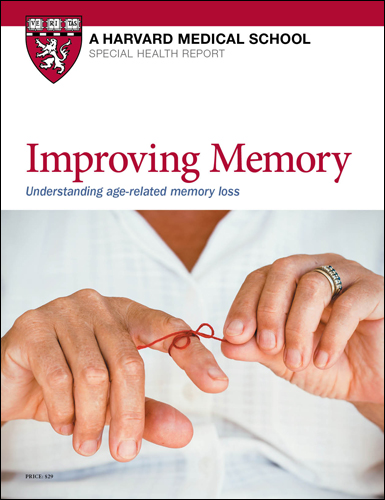Cognition—the ability to think, learn, understand, and remember—stems from the brain. Without the sophisticated network made up of billions of neu ral connections, you wouldn’t be able to read a book, have a conversation, solve a crossword puzzle, talk to friends, drive a car, or do any of the hundreds of tasks that make up your days.
To accomplish all these tasks, the brain must be adaptable. Brain cells known as neurons (the type of cell that makes up nerve tissue) are highly specialized, but they are engaged in very flexible and continuously changing networks. Although your brain does not re place cells in the same way that other organs do, it is continuously reshaping the connections between cells. Literally thousands of new connections are made— and unused connections are cleared—every second. Scientists refer to this ongoing reorganization as brain plasticity, or neuroplasticity.
Researchers now know that, while the brain remains plastic throughout life, the efficacy of these mechanisms changes throughout your lifetime. That means that your brain isn’t necessarily declining, but it is constantly evolving over time. So if you’re 65 years old, having a healthy brain does not mean possessing the processing skills of a 25-year-old brain. Instead, it means having a brain that is in the best possible con dition for your current age. Scientists believe that you can maintain your brain’s optimal plastic capacity for your age by engaging in activities like exercise and cognitive tasks that challenge your brain.













